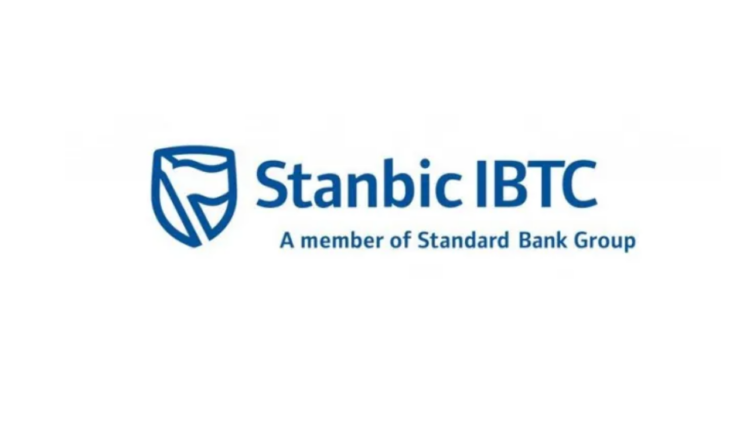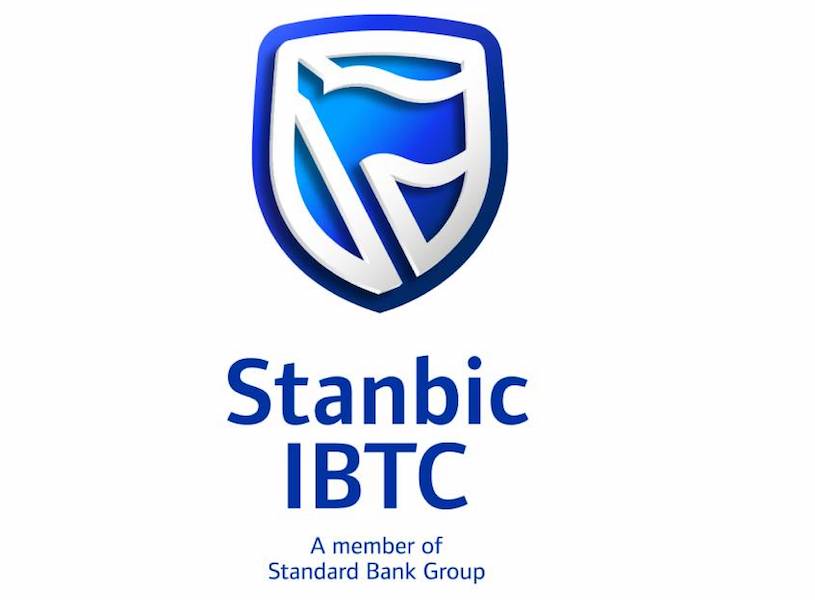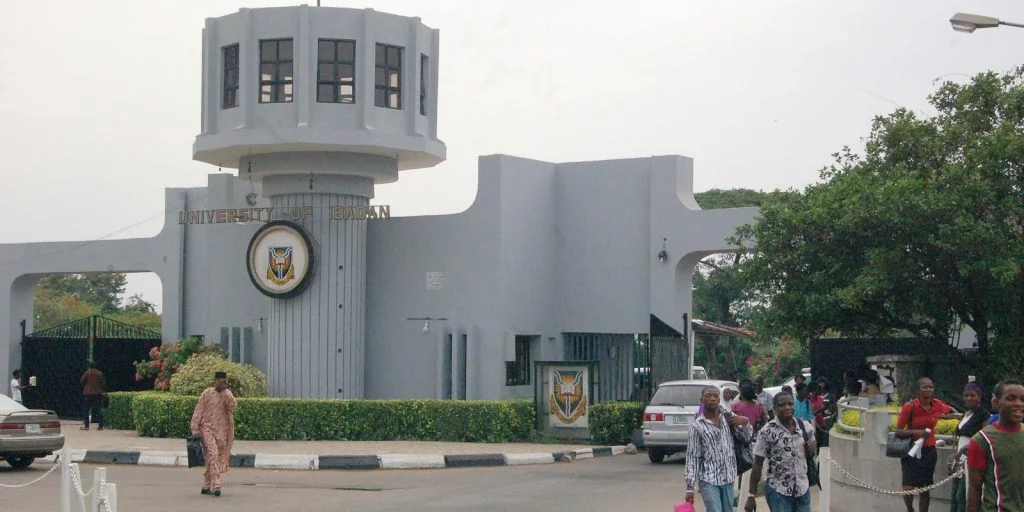Stanbic IBTC transforms the educational landscape through adoption of four schools


Stanbic IBTC adopted four schools in Nigeria as part of its efforts to improve education and foster long-term development in communities across the country.
The organisation announced that it has adopted four schools through its Adopt-a-School scheme.
The schools chosen for adoption were: Methodist School, Mbiafun Nkwono Ikono, Akwa Ibom State; Aramoko District School, Aramoko, Ekiti State; Magin Rafi Model Primary School, Tudun Wada, Sokoto State; and Mala Kachallah Model School, Maiduguri, Borno State.
Dr. Demola Sogunle, CEO of Stanbic IBTC, emphasised the strategic importance of the effort, adding that “our commitment to adopting these schools reflects our dedication to implementing Environmental, Social, and Governance (ESG) strategies as part of our core business practices.”
We believe in promoting sustainability and making a positive impact on communities.”
Dr. Sogunle also underlined the initiative’s socioeconomic benefits, stating that “education is a cornerstone for society growth. Adopting these schools not only helps to achieve the United Nations Sustainable Development Goal (SDG) 4, but also invests in the future of these communities.”
As part of the transformative exercise, Stanbic IBTC refurbished and rebuilt classroom blocks, created modern and conducive learning settings, outfitted classrooms, constructed computer laboratories, and provided students with the appropriate digital tools.
Furthermore, Stanbic IBTC built an open and supportive educational ecology by providing 10-seater workstations and renovating bathroom blocks, ensuring that students had access to the tools they needed.
Stanbic IBTC demonstrated its commitment to sustainable construction practices by emphasising passive cooling and ventilation techniques, water conservation through rainwater harvesting, the installation of water-efficient plumbing systems, and the use of energy-efficient appliances and lighting solutions throughout the facilities.
In addition, Stanbic IBTC prioritised the sustainable use of local resources to reduce transportation emissions and boost the local economy. Skills development was key, with local craftsmen deployed and trained for continuing infrastructure repair.
The Group also implemented climate-adaptive landscaping to ensure resilience to the effects of climate change.
Dr. Sogunle finished by underlining Stanbic IBTC’s commitment to responsible corporate citizenship, stating that “our goal is to make a lasting positive impact on communities through our initiatives, enabling sustainable and thriving environments for generations to come.”
The Adopt-a-School programme is structured upon Stanbic IBTC’s Social, Environmental, and Economic (SEE) framework, and it aligns with the Group’s mission to be a responsible corporate citizen.










